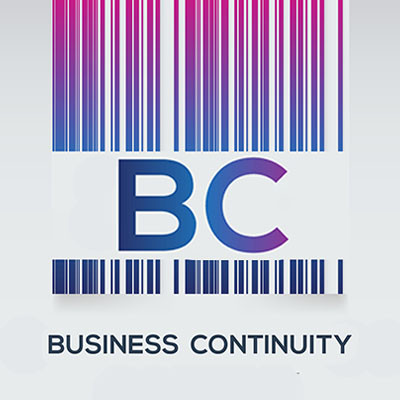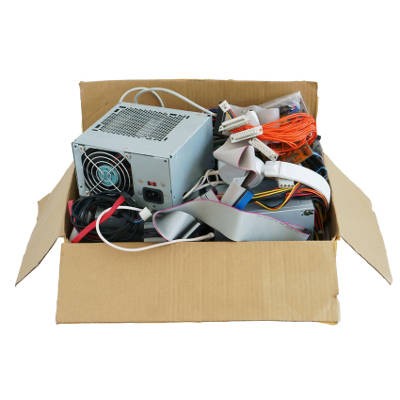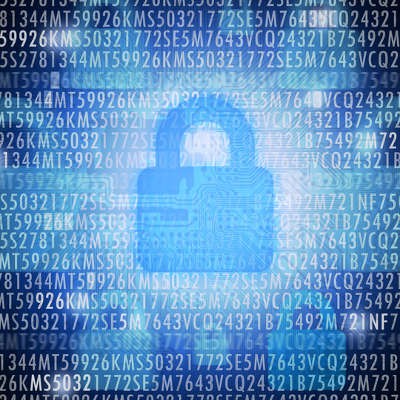Let’s get right to brass tacks. Your business is likely vulnerable to cybersecurity attacks. There are a whole lot of things you should be doing to protect your organization, but this one task is something you can do right now to save your business a lot of stress if something were to take down your network and cause a major disruption.
We throw the term “best practice” around a lot… enough that, without an appreciation for what the term actually means, it can start to sound like just another buzzword that the IT guy is using to sound more impressive. We assure you that this is not the case, and that the term “best practice” actually does mean something.
Technology has become more commonplace in offices and homes all around the world, and you might find yourself replacing it more often than previously thought. This leads to an awful lot of waste that can accumulate in your office, be it an extra smartphone, desktop, or something as simple as a random, non-functional hard drive. However, getting rid of your old, unnecessary tech isn’t as simple as throwing paper into a recycling bin, and it shows in the amount of e-waste that infects the world every day.
Security issues can have any number of causes, meaning that every business needs to have a comprehensive security solution. This doesn’t mean, however, that there aren’t additional, small measures to implement that can give your organization’s security an added boost. Here, we’ll talk about two: keeping your software patched, and identifying social engineering attempts.
 After a long, hard day at the office, you might be tempted to just log off of your workstation so you can get right back into it the next day. However, you also have the option to shut down the PC, which can be beneficial at times. So, what should you do; power down your desktop, or simply log off? Both have their own pros and cons, so it’s important that you’re informed of how you make this decision.
After a long, hard day at the office, you might be tempted to just log off of your workstation so you can get right back into it the next day. However, you also have the option to shut down the PC, which can be beneficial at times. So, what should you do; power down your desktop, or simply log off? Both have their own pros and cons, so it’s important that you’re informed of how you make this decision.






